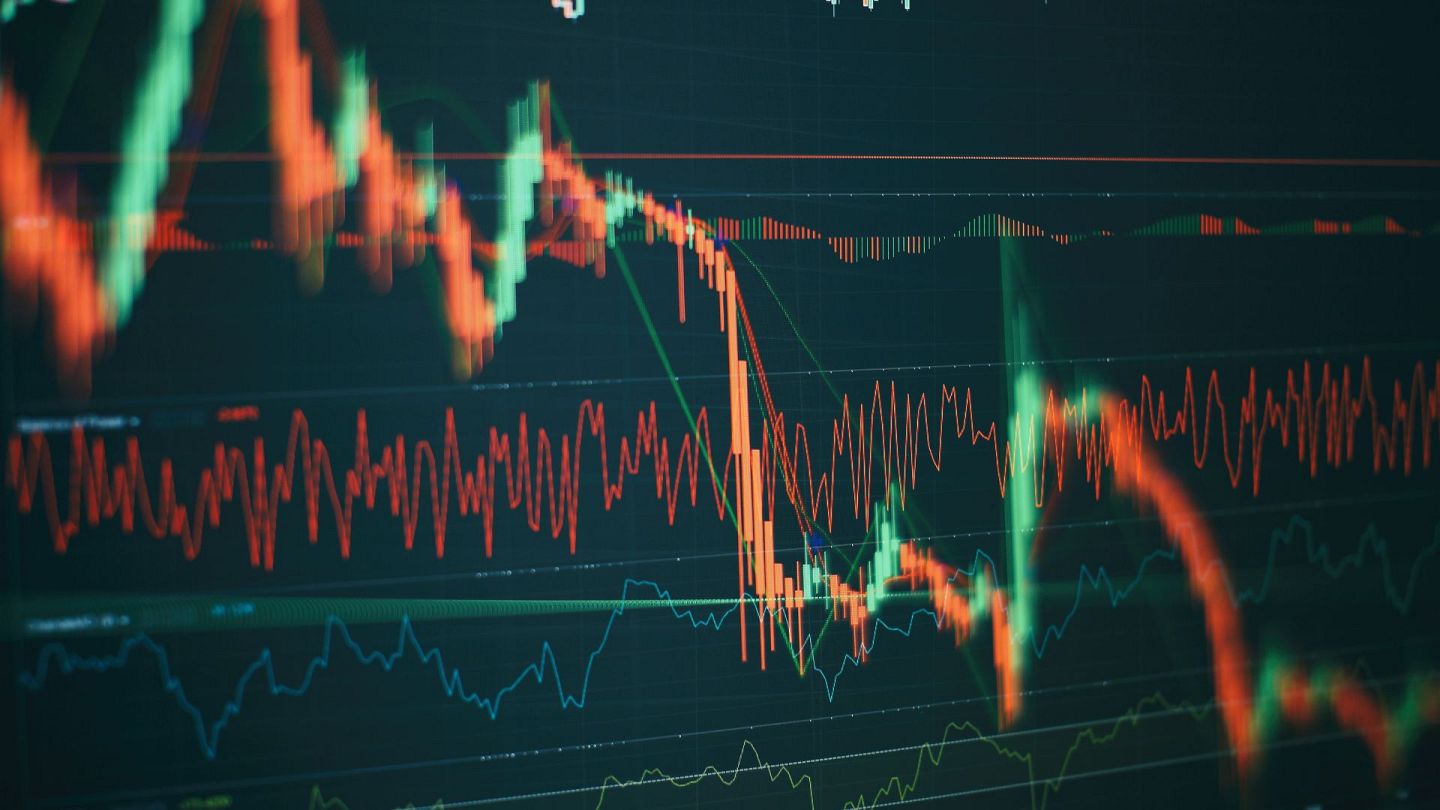Six market terms to know about the US-China trade war.
U.S. President Donald Trump's trade war has entered a new phase following the announcement of a 90-day pause on tariffs. You can find some of the most important market terms that investors should know in our report.
Hidden behind the backdrop of U.S. President Donald Trump's trade war are bulls, bears, and dead cats. As the effects of the latest tariffs from the Trump administration become evident, one may encounter unfamiliar terms related to investments or financial markets. Here are some commonly used terms:
Bear Market A bear market is a term used by Wall Street when an index like the S&P 500 or Dow Jones Industrial Average falls 20% or more from its recent peak over an extended period. Why is the term bear used to express a market decline? Bears hibernate, thus representing a retreating stock market. In contrast, the name Wall Street uses for rising markets is bull market, because bulls charge.
Dead Cat Bounce When stocks temporarily recover during a free fall or moments of uncertainty, this is referred to as a "dead cat bounce." This is related to the idea that even a dead cat will bounce if it falls from a great enough height. Market recoveries tend to be temporary and short-lived, with a tendency for the decline to resume.
Capitulation Capitulation refers to the point at which investors give up on trying to recover their losses and selling due to fear and intolerance of falling prices. This situation usually occurs during periods of low confidence, high uncertainty, and volatility. Capitulation can sometimes indicate that a market has hit rock bottom, but it is easier to identify this in hindsight.
Recession A recession is a period in which the economy shrinks and unemployment increases. Recessions are officially declared by the National Bureau of Economic Research, which consists of a group of economists considering factors such as hiring trends, income levels, spending, retail sales, and factory production. The Bureau's Business Cycle Dating Committee defines a recession as "a significant decline in economic activity spread across the economy and lasting more than a few months." The organization typically does not declare a recession until well after it has begun, sometimes up to a year later. In the days leading up to the implementation of Trump's latest tariffs, Goldman Sachs economists had raised their assessment of the likelihood of the U.S. entering a recession from 35% to 65%. Analysts retracted this forecast on Wednesday after the administration announced a 90-day pause on most of the tariffs.
"Buy the Dip" "Buying the dip" means purchasing a stock or entering the market at a discount immediately after it has lost value. This phrase is often used by retail investors. Unfortunately, timing the market makes it almost impossible to know where the bottom will be or how long the recovery will last.
10-Year Treasury Bond The yield on a 10-year Treasury bond is the interest rate paid by the U.S. government to borrow money for ten years. It is an important indicator of investor sentiment and economic conditions and helps determine prices for all other types of credit and investment. Yield affects borrowing costs and indicates expectations about inflation and economic growth. Historically, Treasury bonds are considered one of the safest assets in the world. This means that investors often buy these bonds when there is uncertainty in the market, which tends to lower yields. When confidence is high (and people buy assets perceived as riskier), prices of 10-year bonds tend to fall, causing yields to rise. However, in recent days, investors have sold Treasury bonds, raising the yield on the benchmark 10-year bond. This may indicate a decrease in consumer confidence in Treasury bonds.


